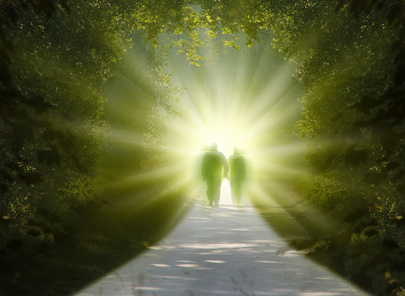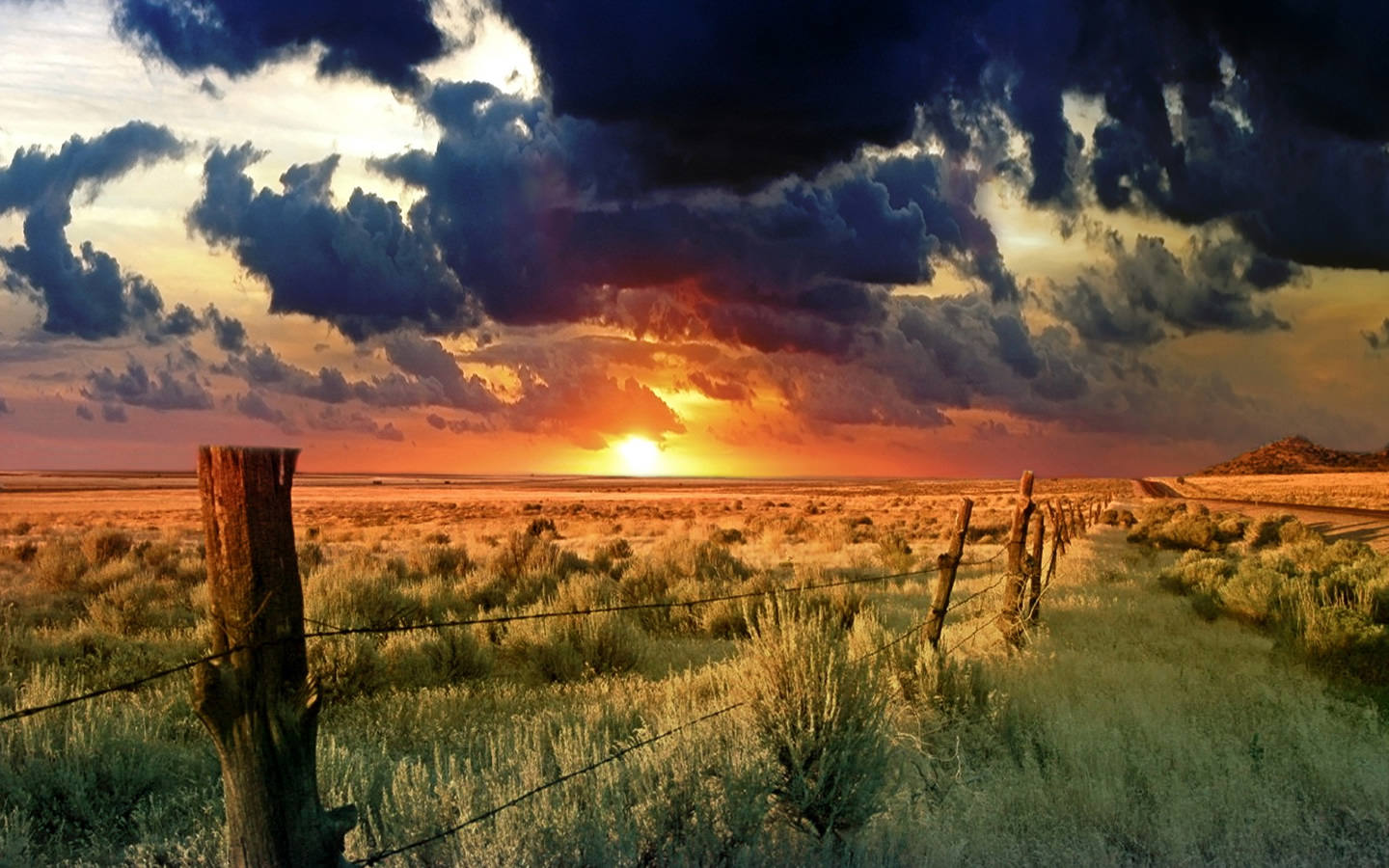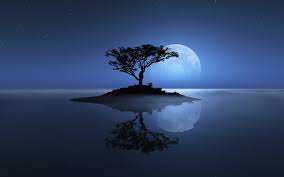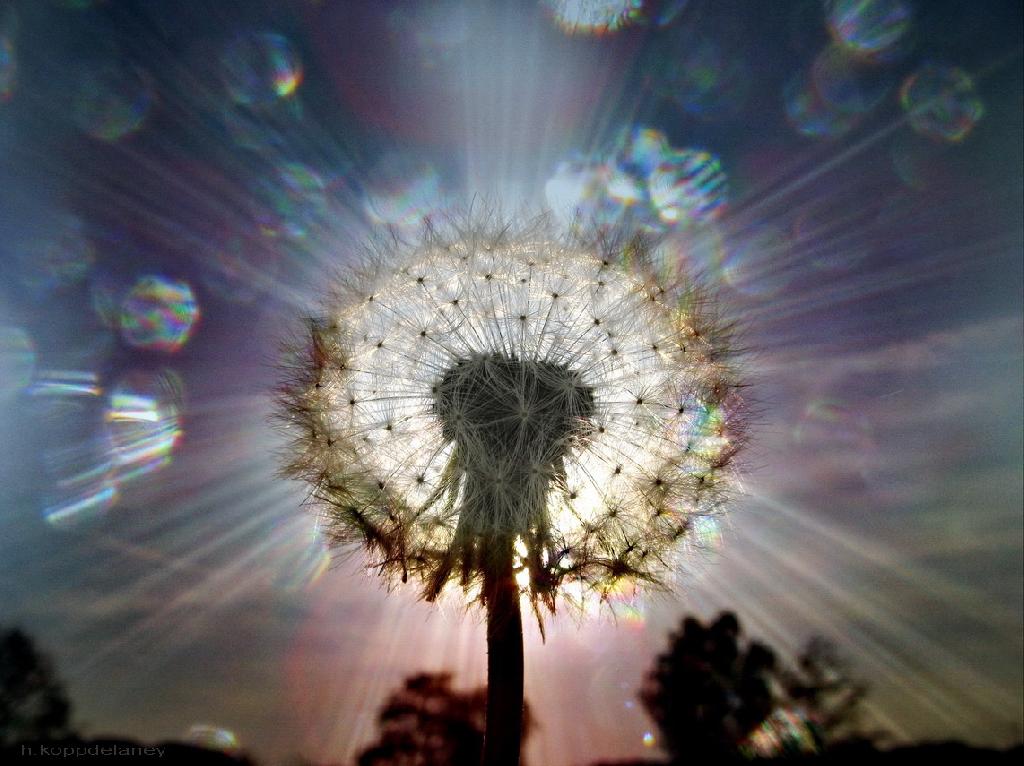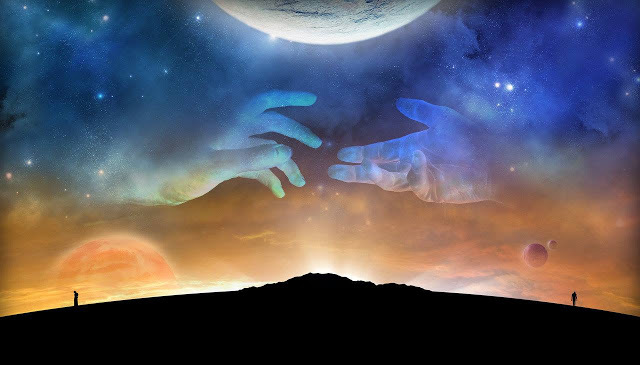The Haters
I recently came across a quote by social media phenomena Arial Marlin “Never listen to the haters. Work hard and do what you love.” I think of the “haters” as the critics and the naysayers. “Haters” are those who try to bring you down and try to expose your flaws in order to make themselves feel better.
The haters come in many forms. Some are direct where they tell us or others what is “wrong” with us. Some are manipulative using “constructive criticism” or some other BS politically correct language as a means to prevent us from moving forward or upward, to cause self doubt or fear. Some are passive aggressive using back-handed compliments. Regardless of their form or the context or set of circumstances, the haters try to bring you down in their misguided attempts to make themselves feel superior or one-up you.
Let’s be honest—we usually find ourselves listening to the haters. Maybe it’s because when someone verbalizes a flaw we believe we have in ourselves or expose insecurities that we carry with us everyday, we cannot but help listen to them? But this is not a reason to listen to or be impacted by the haters. If you are upset by what someone has said, if it stirs up some emotion and it stays with you, you do need to contemplate why, and once you understand the why, move on. Recognize the haters for what they are—insecure, jealous, unhappy—all of which are low vibrating emotions. 
The “work hard” part of the quote is interpreted as work hard for your dream. Don’t let others tell you that you can’t. Don’t let yourself tell you that you can’t or list all the reasons why not. Your dreams are yours with all the energy and enthusiasm that goes along with them. But sometimes the more energy and enthusiasm you have the more some people want to bring you down.
Remember the people that think keeping someone down are functioning under a misguided mindset that this will make them feel better about their own lives. Once you notice the behavior, you can turn down their volume. As long as the volume of your own mind is high, their words, opinions and actions will just be background noise.
“Do what you love” can be a complicated thing since most of us grew up thinking that work or doing and fun were opposites. Life had two states. People making you do things (work) and the other time being able to do what you want (play), and the latter seemed less frequent. Also, many of us get wrapped up searching for the “what we love” and confuse it with what we are passionate about.
Doing what you love can take many forms and it changes over your life. And it does not have to be one thing. It is hard to comprehend that what we love can be multi-faceted and be many things. We put finding what we love into an endless journey and over-think it. Like many things in life, the “what you love” isn’t somewhere else, hiding where you need to find it.
Quite frankly, the answer is inside of you. It just requires some introspection, listening to what makes you feel good about yourself, what makes you feel in the flow, content or at peace. And it does not have to be some major influential or public-facing thing. It can be simple and quiet—and it is yours. So in closing do not listen to the haters. Work toward your dreams and do the many things that you love.






